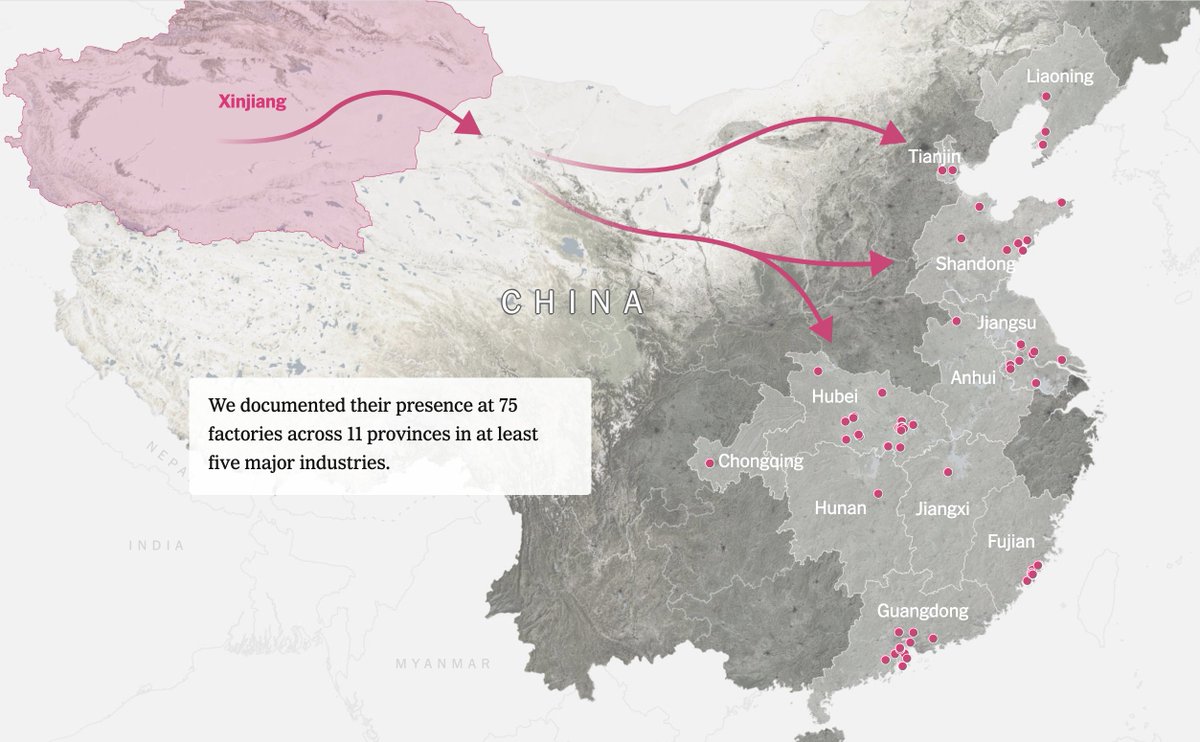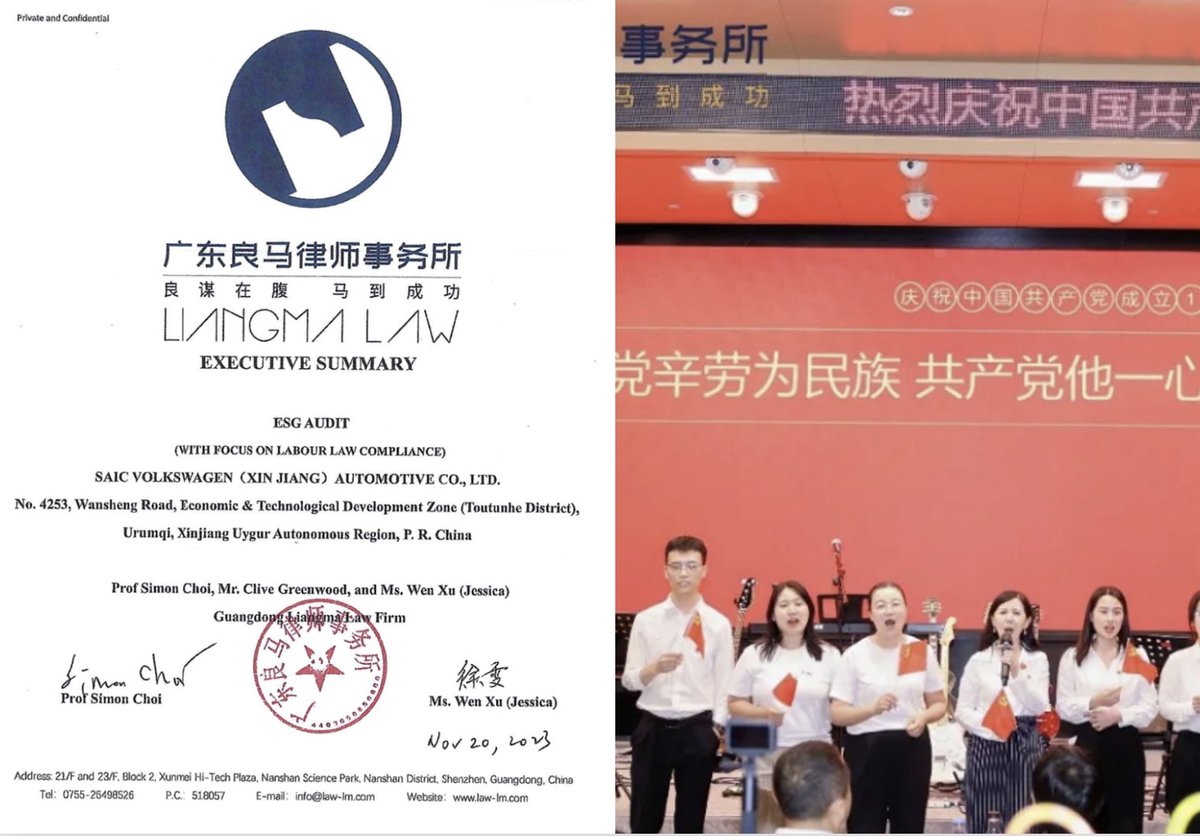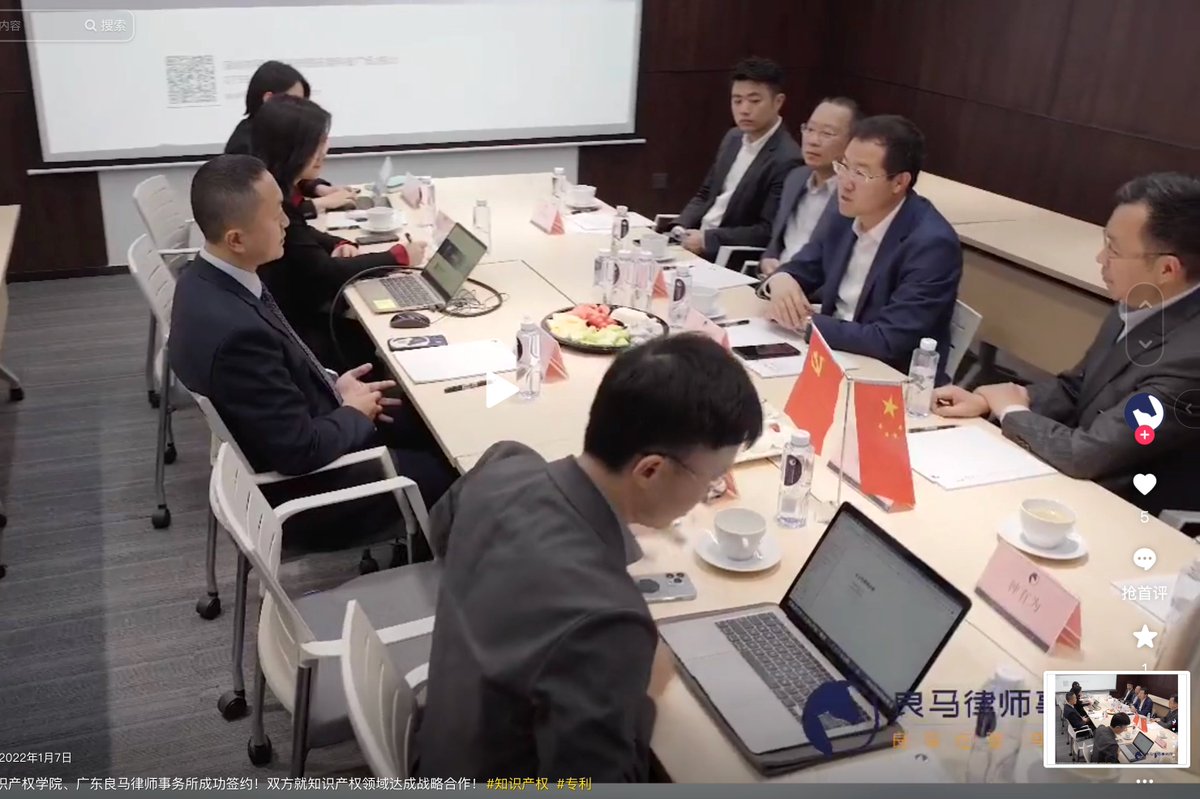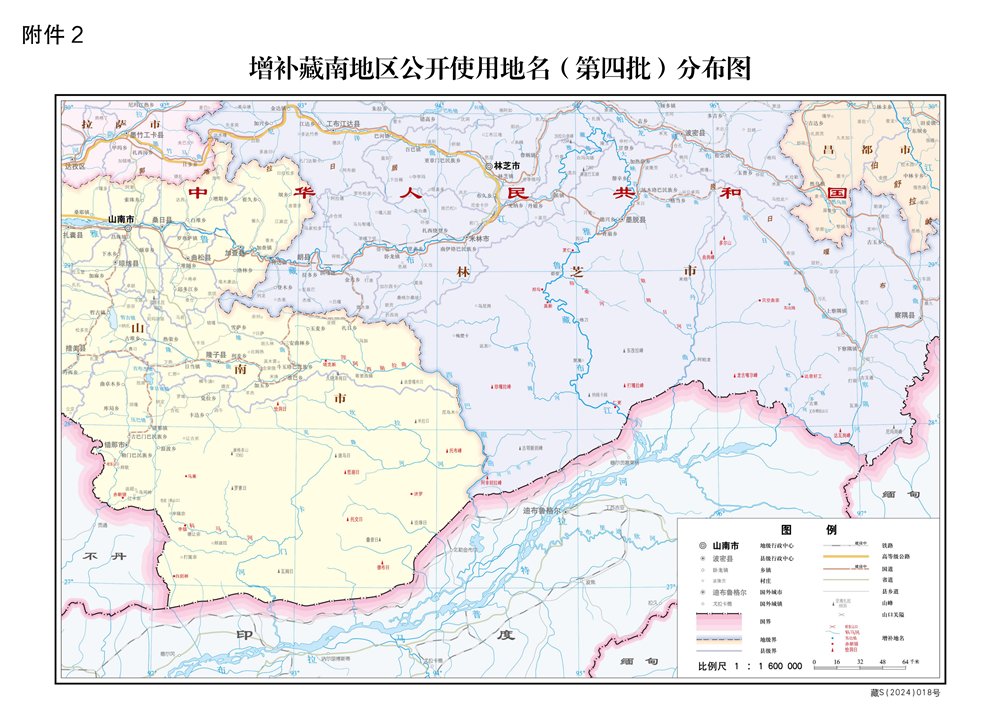BREAKING: ***TIBET*** gets Xinjiang's militarized vocational training and coercive labor transfer scheme. State trained 1/2 million Tibetans by mid-2020 & set up a scheme to make them transfer their herds & land to state-controlled collectives. My report:
jamestown.org/program/jamest…
jamestown.org/program/jamest…

In 2019, Tibet (TAR) mandated "military-style" vocational training that includes "thought education", discipline, law & Chinese language, reforming Tibetans' "backward thoughts" & "weakening influence of religion". All in the name of poverty alleviation. Reminds us of...XINJIANG. 

The similarities to Xinjiang are many, and since 2020, the scheme mandates quotas for the transfer of trained Tibetan "rural surplus laborers" to other provinces. In groups. Again, terminology & structure just like XINJIANG. By end of 2020, export scheme must cover entire TAR. 

Transfers to labor placements outside the TAR include employment at the COFCO Group, China’s largest state-owned food-processing company. Transfer of laborers follows "centralized", "group-style", "point-to-point" method, often linked to Tibet Aid (Mutual Pairing Assistance). 

State documents say that the “strict military-style management” of the vocational training process causes the “masses to comply with discipline,” “continuously strengthens their patriotic awareness,” and reforms their “backward thinking.” 

Tough system: to achieve labor transfer quotas, local governments are to “establish a task progress list [and] those who lag behind their work schedule… are to be reported and to be held accountable according to regulations.” Cadres face “strict rewards and punishments.” 

One document notes that the poverty alleviation and labor transfer process is part of an effort to “stop raising up lazy people” . 

Coercion during recruitment: Village work teams, an intrusive social control mechanism pioneered by Chen Quanguo, go door to door to “help transform the thinking and views of poor households.” Chen's mechanisms are key link for adoption of the labor scheme from Xinjiang to Tibet. 

As in XJ, Tibet's poverty-alleviation work is tightly linked to social control & the security apparatus: “By combining grid management and ‘double-linked household’ management, [we must] organize, educate, and guide the people to participate [in] fine-grained poverty alleviation” 

Tibetan women in military fatigues are trained to be restaurant waitresses (archive.is/0pJnn, July 2020). Waitresses don't typically wear fatigues during their training. This is "military-style vocational training" (军旅式职业培训), designed to "promote labor transfer". 

Examples from the TAR’s Chamdo region indicate that the militarized training regimen is conducted / supervised by People’s Armed Police drill sergeants. Sources: archive.is/zt2ee / archive.is/HrnXS 



Very troubling is the "Poverty Alleviation Industry" scheme, turning rural Tibetans into "shareholders" by converting their herds/land to shares. Every region, even village, now has a state-run cooperative. Tibet rural collectivization caused violent unrest in the 1950s. 

Once they no longer have usage rights over their herds or land, severing their connection to traditional livelihoods and sacred landscape, they are free to become wage laborers. They are employed locally by the cooperative, or put into the labor transfer scheme. 

Such a drastic transformation comes not without resistance, but the state knows how to overcome that. Shuanghu County (July 2020) reports that after an "initial" lack of "enthusiasm", cadres "deeply penetrated households" and "transformed" attitudes. Full quote in screenshot. 

Besides many indicators of coercion, it is important to note differences to Xinjiang: no clear link to internment, not as much evidence on securitized labor transfer or police in factories. Certainly, Tibetans might end up earning higher measurable incomes. But at what cost? 

The problem, a bit similar to Xinjiang: in a system where the transition between securitization, social control and poverty alleviation is seamless, there is absolutely no telling where coercion stops and where genuinely voluntary local agency begins. 

In the context of Beijing’s increasingly assimilatory ethnic minority policy, it is likely that these policies will promote a long-term loss of linguistic, cultural and spiritual heritage. 

Related reporting by Reuters:
reuters.com/article/us-chi…
reuters.com/article/us-chi…
• • •
Missing some Tweet in this thread? You can try to
force a refresh





















